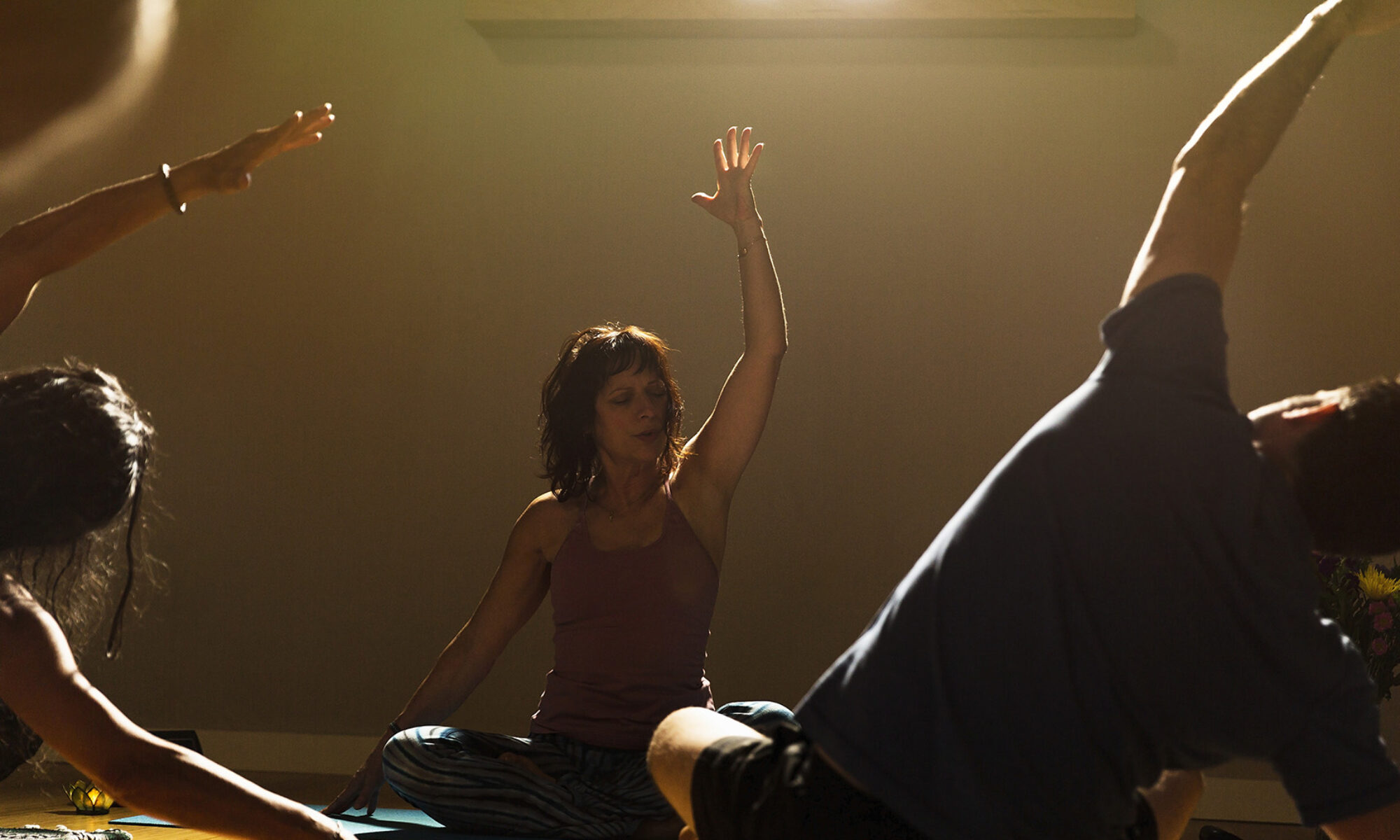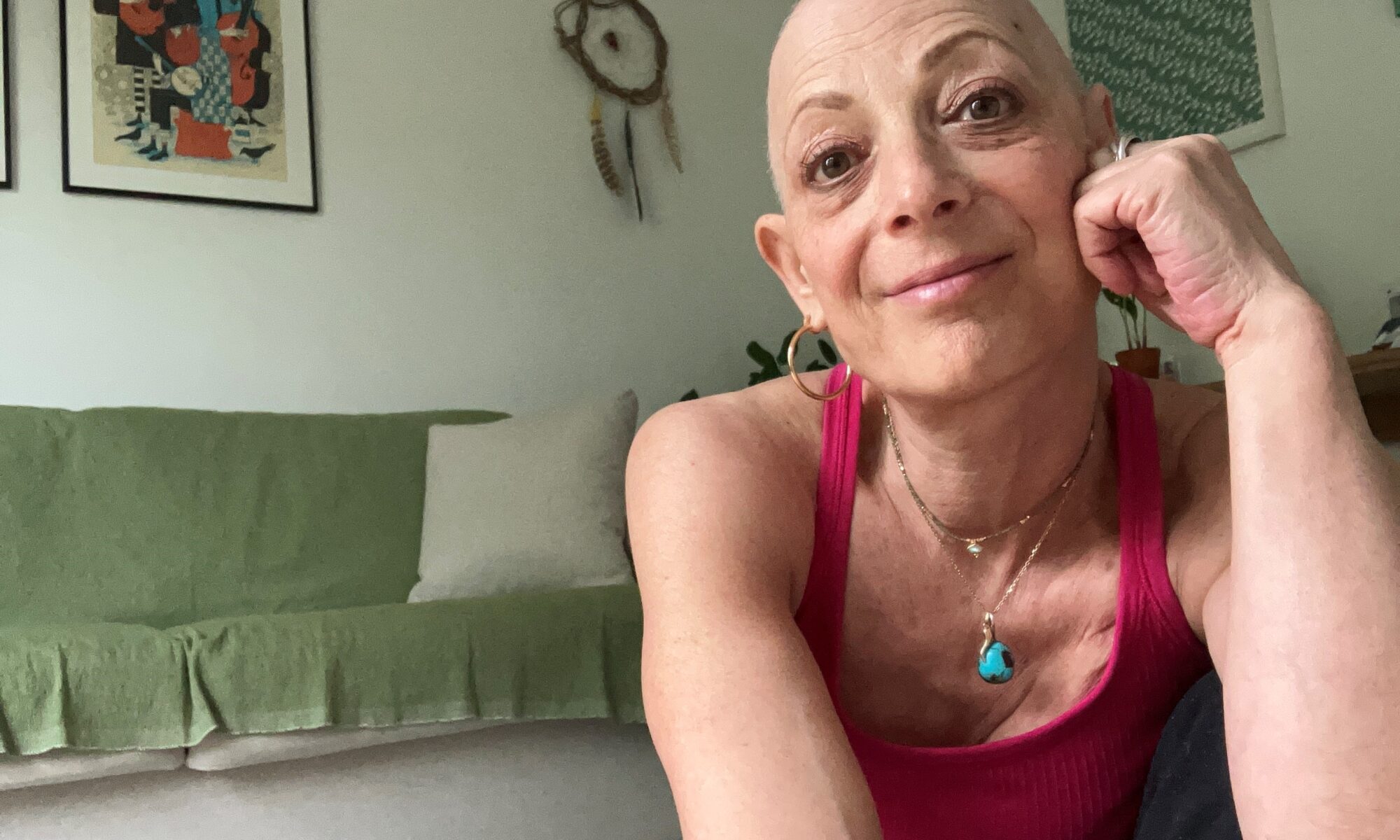Have you ever noticed we’ll hit a wall if we ignore our body? That’s because our body remembers everything, knows everything, and speaks the truth. Let me share a personal story that hopefully helps you understand.
Our body always tells the truth. It’s honest to the core. That’s why it’s so important to listen to it, to treat it with respect. But before we can do that, we first have to learn how to truly live in our body which is not exactly easy in our culture, where the mind and the body are still often treated like two completely separate things—a total nonsense for yogis!
Let’s be honest: it’s incredibly easy to live disconnected from our body. Take my own story. In my early 40s, I worked in a global company, producing a big-budget corporate magazine. As soon as one issue was out, we were already racing to put together the next one–a grinder.
At that time in my life, my body was just a tool, a machine that got me from point A to point B and helped me tick off my daily tasks. Nothing more.
Then, at 42, my world fell apart. I was diagnosed with localized breast cancer. Surgery. Chemo. Radiation. Never in my life had I even imagined that my body could let me down like that.
A huge gift
Not long after the surgery, life handed me a huge gift: I walked—almost by accident (though was it really?)—into my very first yoga class. A revelation!
Aline, who would go on to be my teacher for the next 14 years until she passed away, took me on a journey I never saw coming. Through simple, slow movements that engaged the whole body and breathwork, she helped me reconnect with my body. For the first time, I started to really listen: I was exhausted, completely drained, had become a robot. Later on, I realized that the illness had just been a symptom. A symptom of that exhaustion.
“Yoga has nothing to do with building muscle”
Through yoga and long medical leave, I began to wash the fatigue away. That’s when I felt a new shift in my relationship with my body. Thanks to the breathwork and gentle yoga poses, I could feel knots and restrictions all over. Aline used to say, “Yoga has nothing to do with building muscle. It’s about releasing the tensions stored in the body—tensions that come from the repetitive patterns of fear and anxiety we’ve carried since childhood.”
So true! I’d grown up with parents who were loving, and emotionally immature. Both were consumed by fear—the fear of not having enough, the fear of being abandoned, even the fear of just being, really. Unavoidably, I followed right in their footsteps.
Listening to our body takes time
I was taught that answering others’ needs is more important than answering my own. That pattern brought tensions that came to the surface as I kept practicing yoga. On the mat, I also became aware that the career I had pursued for over 20 years was meaningless to me. I realized I had left behind the authentic Elisabeth—the Elisabeth who loved to dance, to move, to be a character in a play, to have deep, meaningful conversations. That’s how I finally became a yoga therapist. By finding my way back to her. By finally listening to my body.
Listening to your body takes time, you need to allow yourself to feel. This means slowing down enough to actually feel what’s going on inside. And to do that, you have to be brave enough to break the frantic rhythm of daily life. To pause. To anchor yourself in deep relaxation. It’s the only way. Yoga is ideal for that.
Listening to your body is a daily practice. It doesn’t come naturally for everyone—it certainly didn’t for me. That’s why I keep coming back to my yoga mat, almost every day. Because there’s still so much, I need to feel and to unknot.
Will listening to your body fix everything? Absolutely not. But it will help you become more honest with yourself and others. It will guide you toward choices that are more in tune with who you really are. And when that happens, life feels more vibrant—no matter what challenges come your way. And that’s already a lot.

